- Keshab Prasad Chaulagain
With the Russia-Ukraine conflict, the discussion of a new international order has reappeared, highlighting the fact that thinking and conduct of Nepal is also at the forefront. When the Covid-19 pandemic brought us to a standstill, there are signs of a new global order.
The discussion of the new world order began with the notion that the identity of creation, nature, and life should be balanced in order to make the fact of experiencing a pandemic like covid-19 owing to human participation. While the conflict between Russia and Ukraine is a human issue, political discussion for a new world order continues.
While the remnants of the bipolar world of the 20th century are disappearing, a multipolar world is currently emerging. Because of their military capabilities, technical and economic power, the US and China will remain influential players in the future, while Europe, Japan and India will also exercise their meaningful presence in the world.
In 2019, Chinese President Xi Jinping held the "Asian Civilization Dialogue," demonstrating China's leadership and accountability. The introduction of civilization and leadership began to lay the groundwork for a new world order in the midst of economic, social, and political rivalry. Nepali society was likewise attempting to achieve wealth via 'Culture, Self-government, and Socialism' on the basis of basic knowledge and tradition.
With the conclusion of the comprehensive peace deal following the 2062/063 people's movement, significant efforts were made by the religious sector to progress towards durable peace by drafting a constitution.
With the conclusion of the comprehensive peace deal following the 2062/063 people's movement, significant efforts were made by the religious sector to progress towards durable peace by drafting a constitution from the Constituent Assembly, so ending the transition phase. When the new circumstances and international order are being debated, it is wrong for Nepal to become embroiled in domestic dispute over caste and culture.
American diplomat Henry Kissinger, who increased relations with China to isolate Soviet Russia during the Cold War, advances the concept of world order in international relations. With the start of the Belt and Road Initiative, Chinese intellectuals believe that the current world is not multipolar, but bipolar between China and the US. In this situation, the Russia-Ukraine war has also accepted Russia's strategic capabilities and its influence as China's power group.
It appears that there is a need for institutions and leadership to work together to develop the notion of a new world order based on global civilization. It appears that if the civilizations founded on history, religion, geography, culture, and language cannot be coordinated, a more dreadful situation will emerge. The earliest civilizations are considered to be the Indus Valley Civilization and the Himalayan Civilization. Yogi Narharinath's perspective on identifying Hinduism from the perspective of a Himalayan native is equally significant in terms of civilization development and identity.
The comment by Chinese President Xi Jinping that "anyone who thinks their own race and culture are superior to others is foolish" appears to be an attempt to instill a sense of shared pride. Also, the desire to think of oneself as great and important might lead to new issues. When it comes to Nepal, the Gandaki, Koshi, and Karnali river civilizations, as well as Pashupatinath, Nepal Mandal civilisation, Mithila civilization, Lumbini, Damodarkund, and Muktinath region, are all live civilizations.
The old civilization and lively culture are being seen through the methodical collecting and compilation of physical and intangible heritages.
Khas civilization, language, and religion have all become subjects of study. The old civilization and lively culture are being seen through the methodical collecting and compilation of physical and intangible heritages. Its centers are named in line with the practice of imparting civilization based on Hinduism, Christianity, Islam, and Buddhism, in addition to sect domination. Nepal-India is the Hindu core, as are America and Europe for Christianity, the Middle East and Arabia for Islam, and so on.
With the Russia-Ukraine conflict, it appears that Nepal requires an original strategic doctrine of global significance. In the midst of the conflict between the US Indo-Pacific strategy and the Chinese Belt and Road Initiative plan, I believe Nepal should exercise a strategic idea. By balancing the two massive neighbours China and India, as well as the US policy, the notion may assist to attain economic development. As self-government and reconciliation principles assist coordinate and run all civilizations, self-government and reconciliation will form the foundation of the future world.






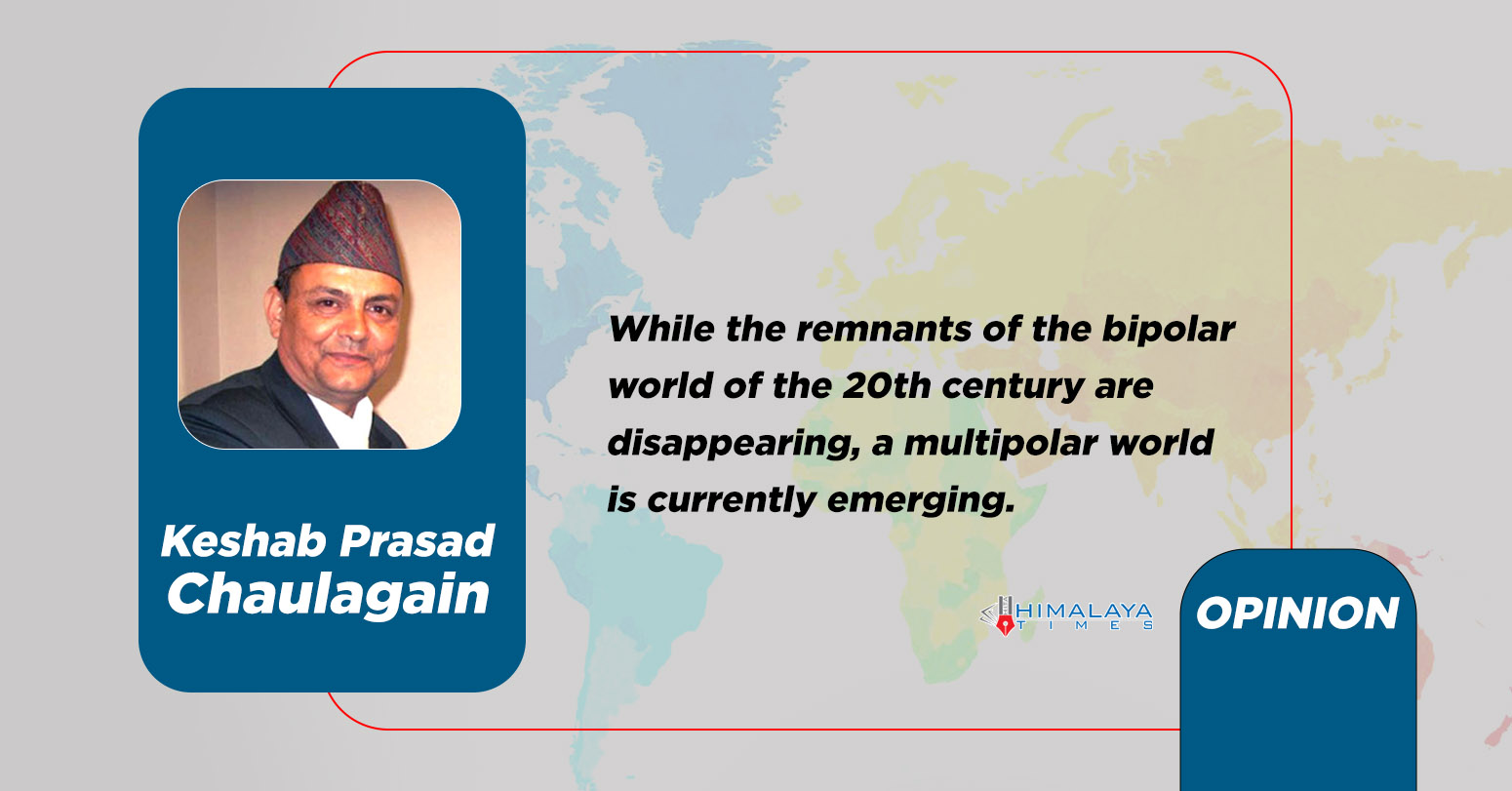
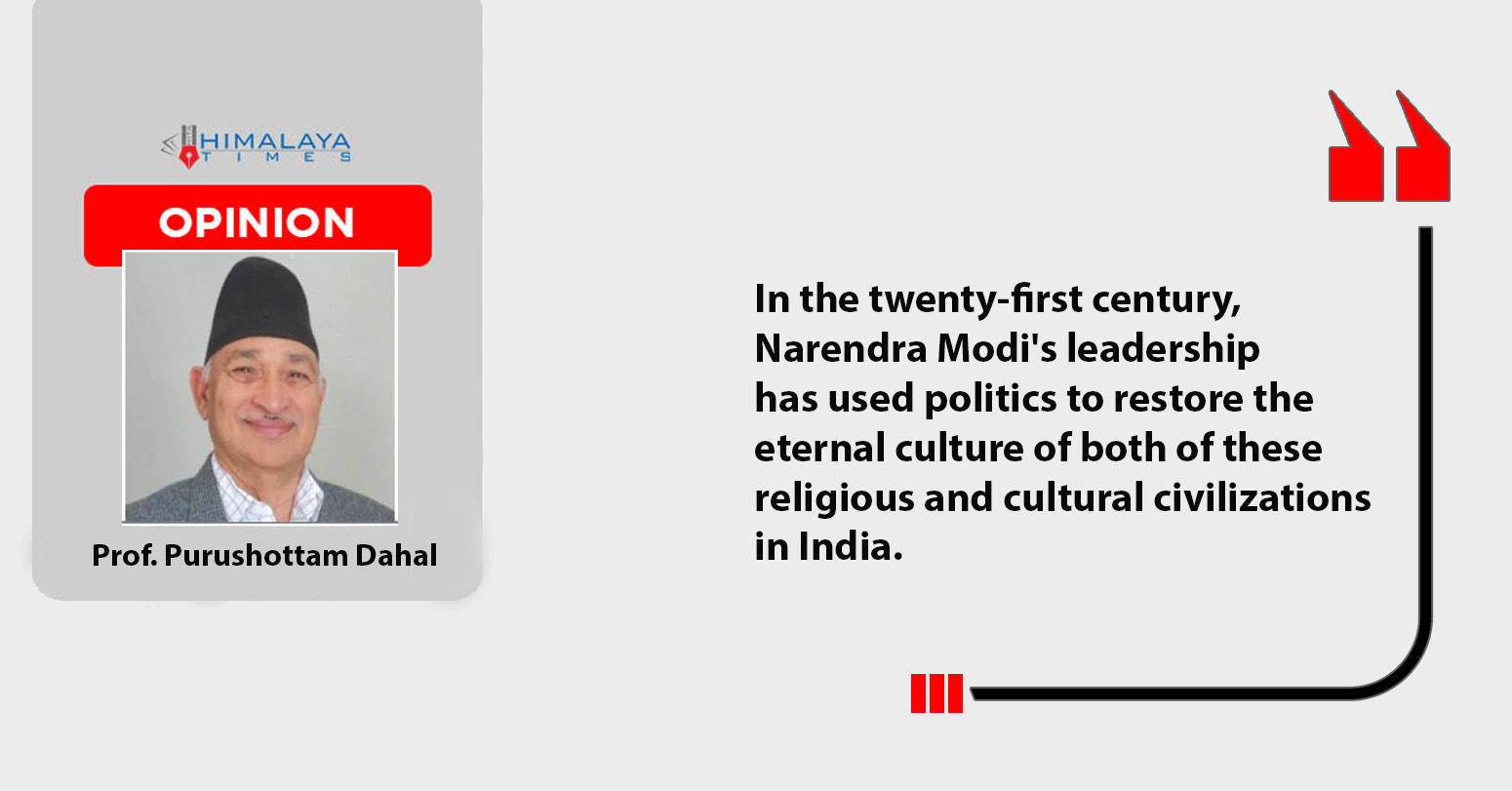
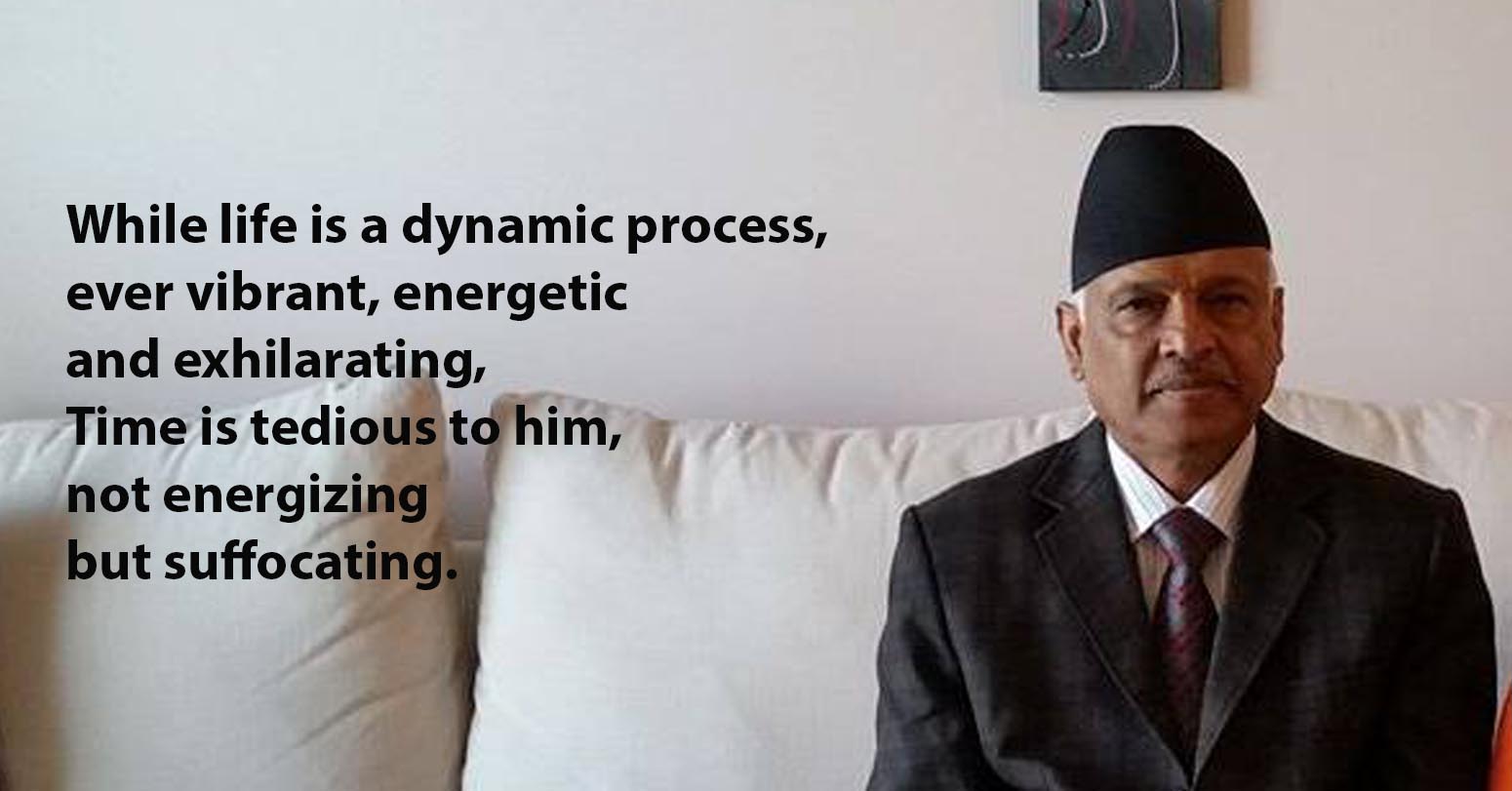
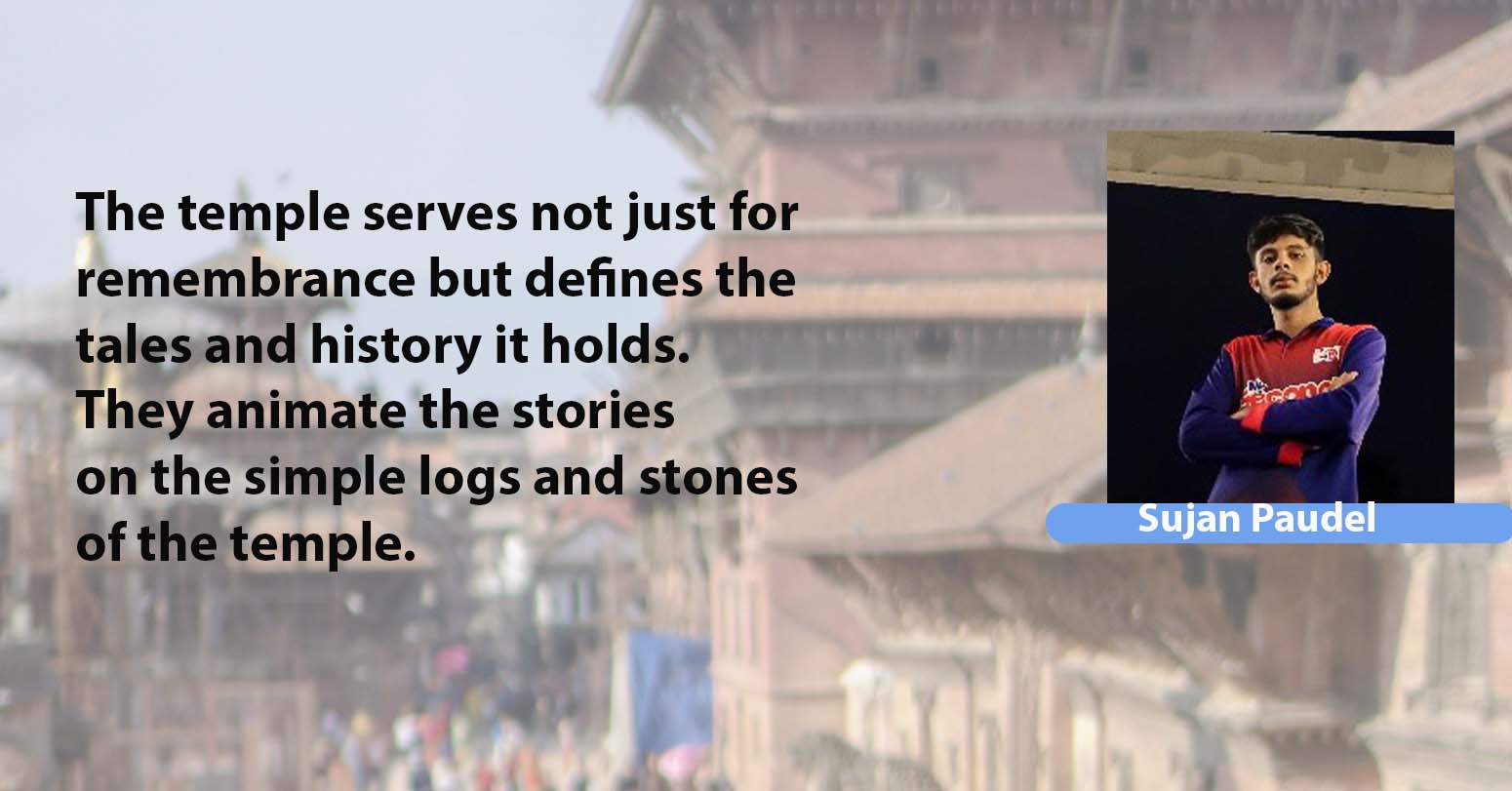
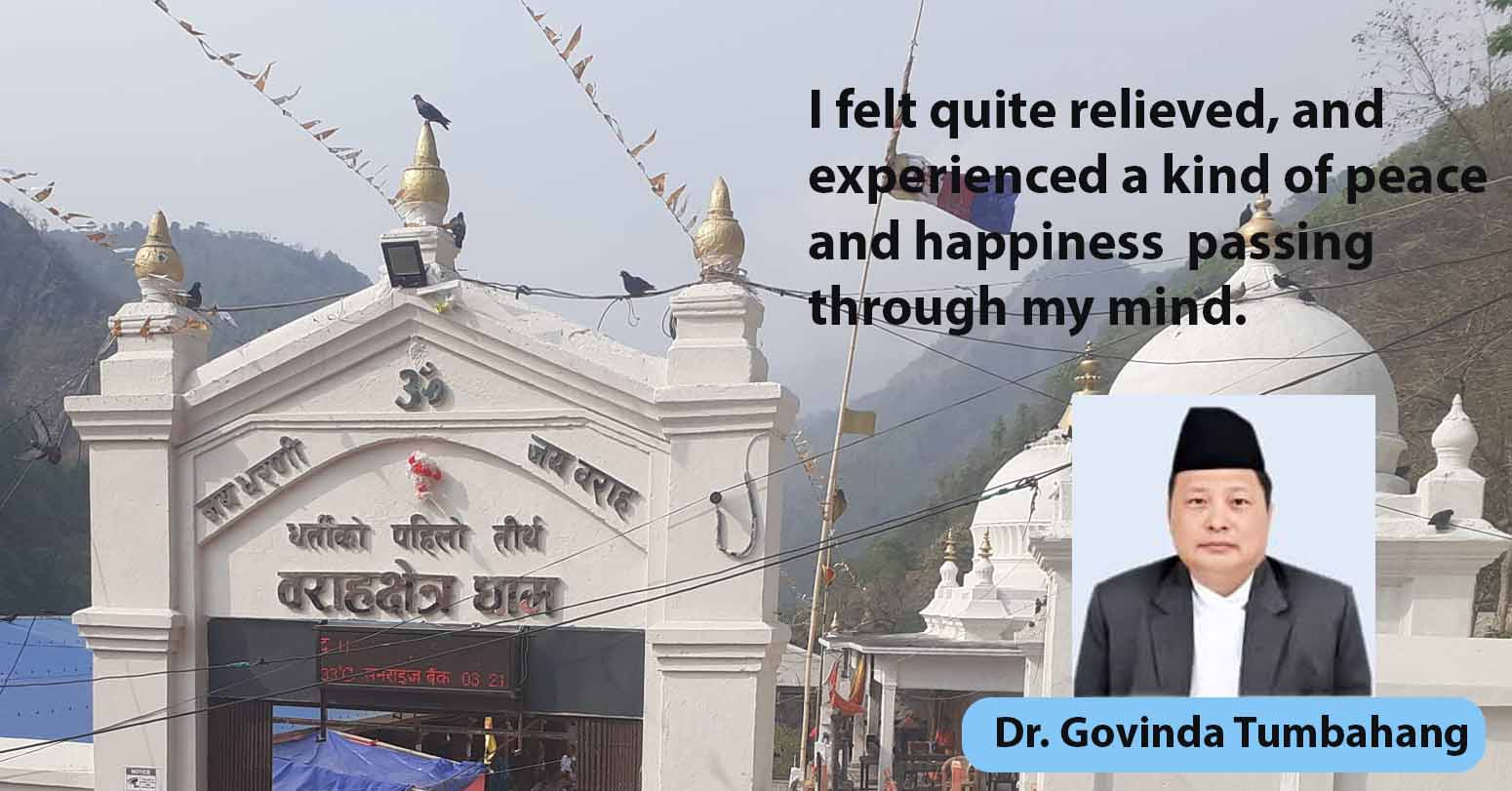
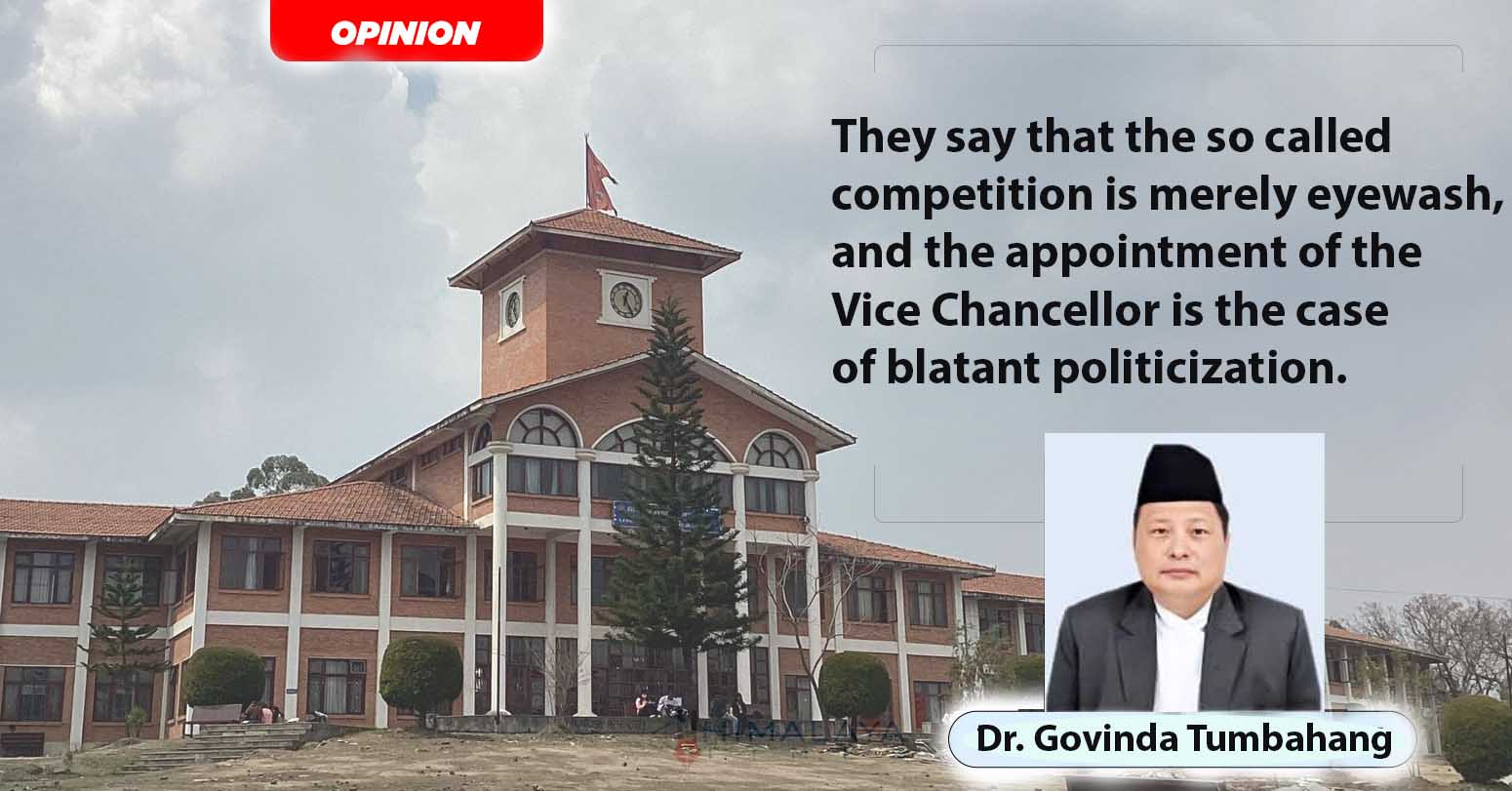

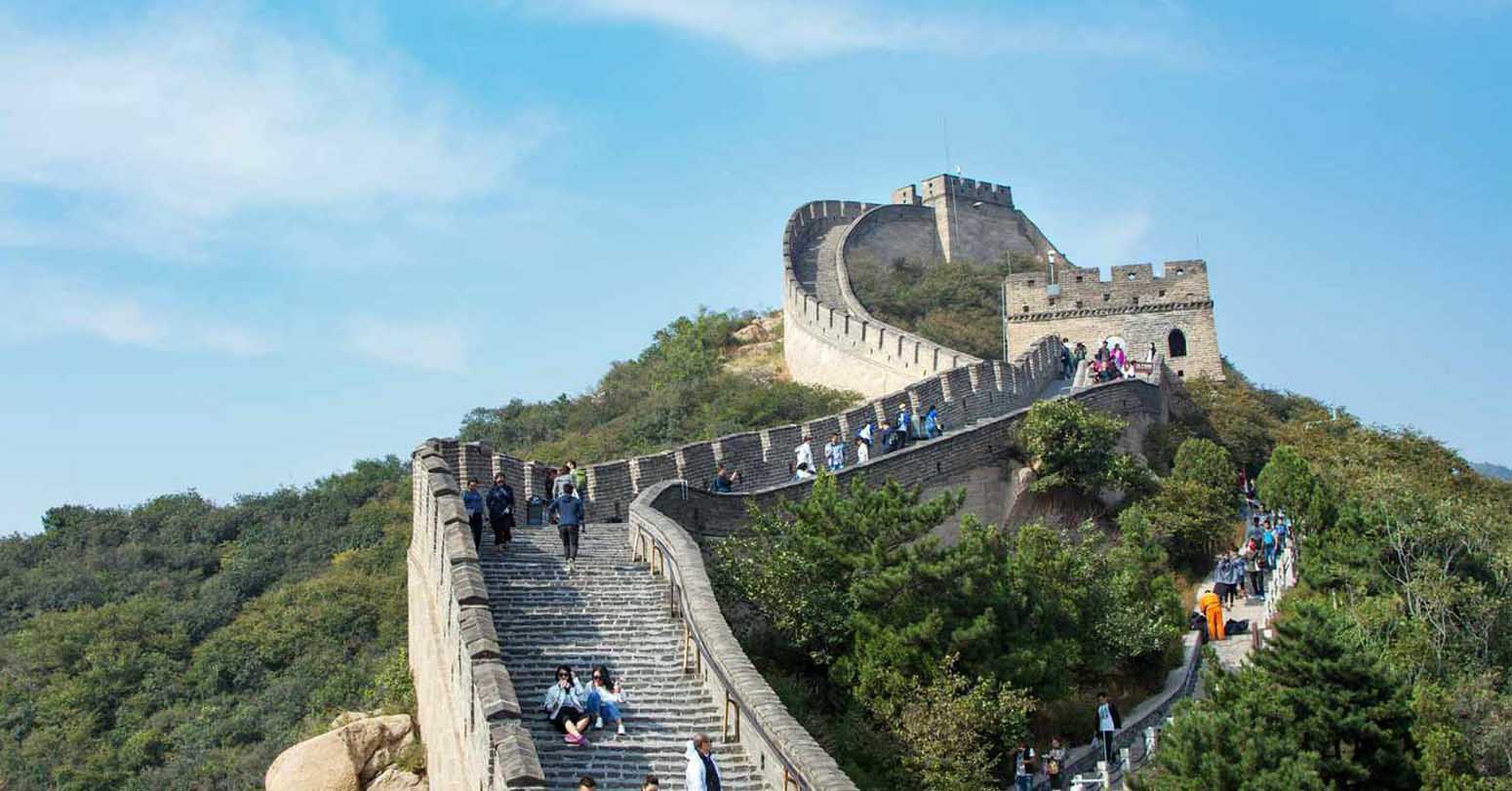
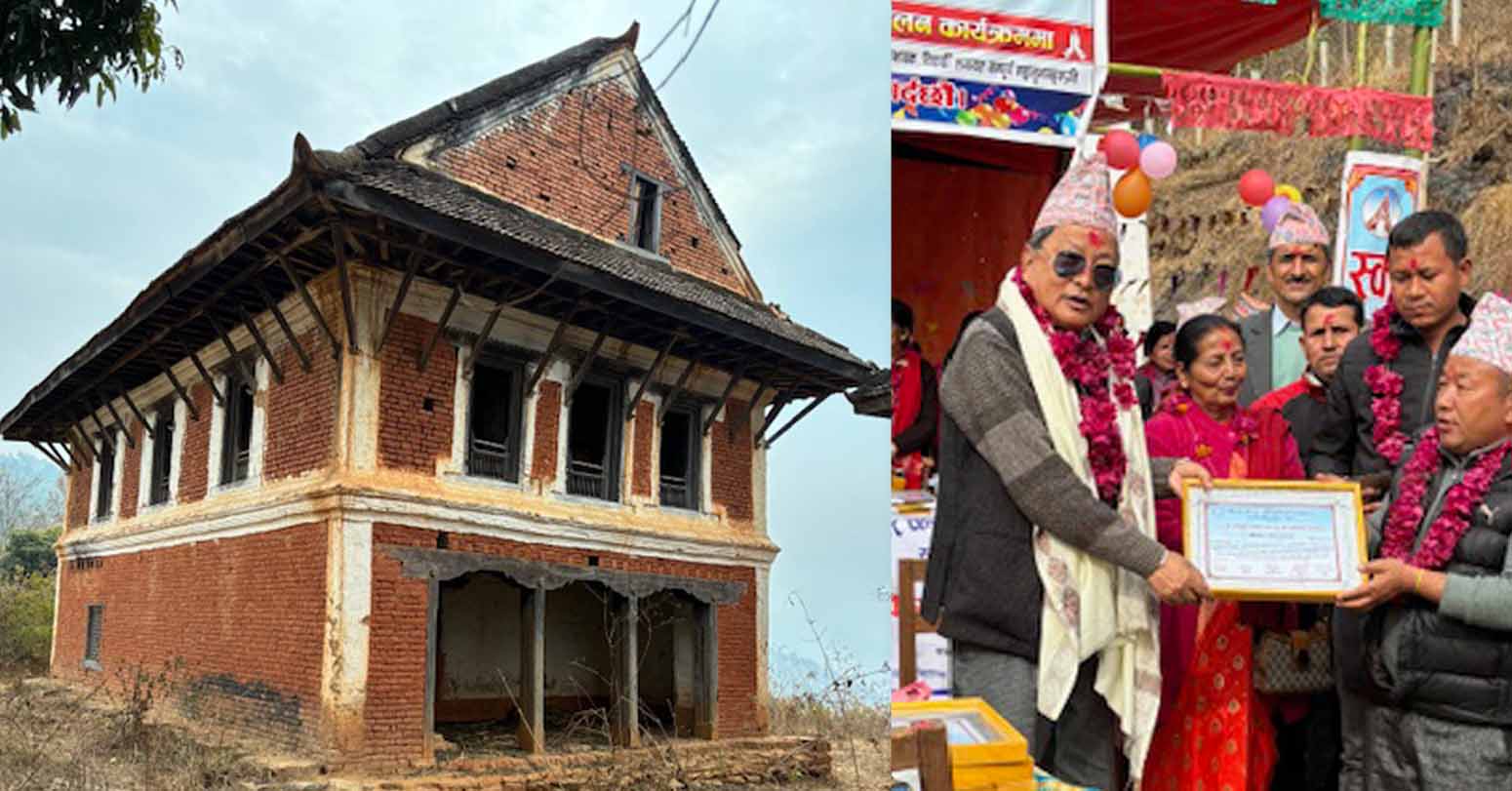

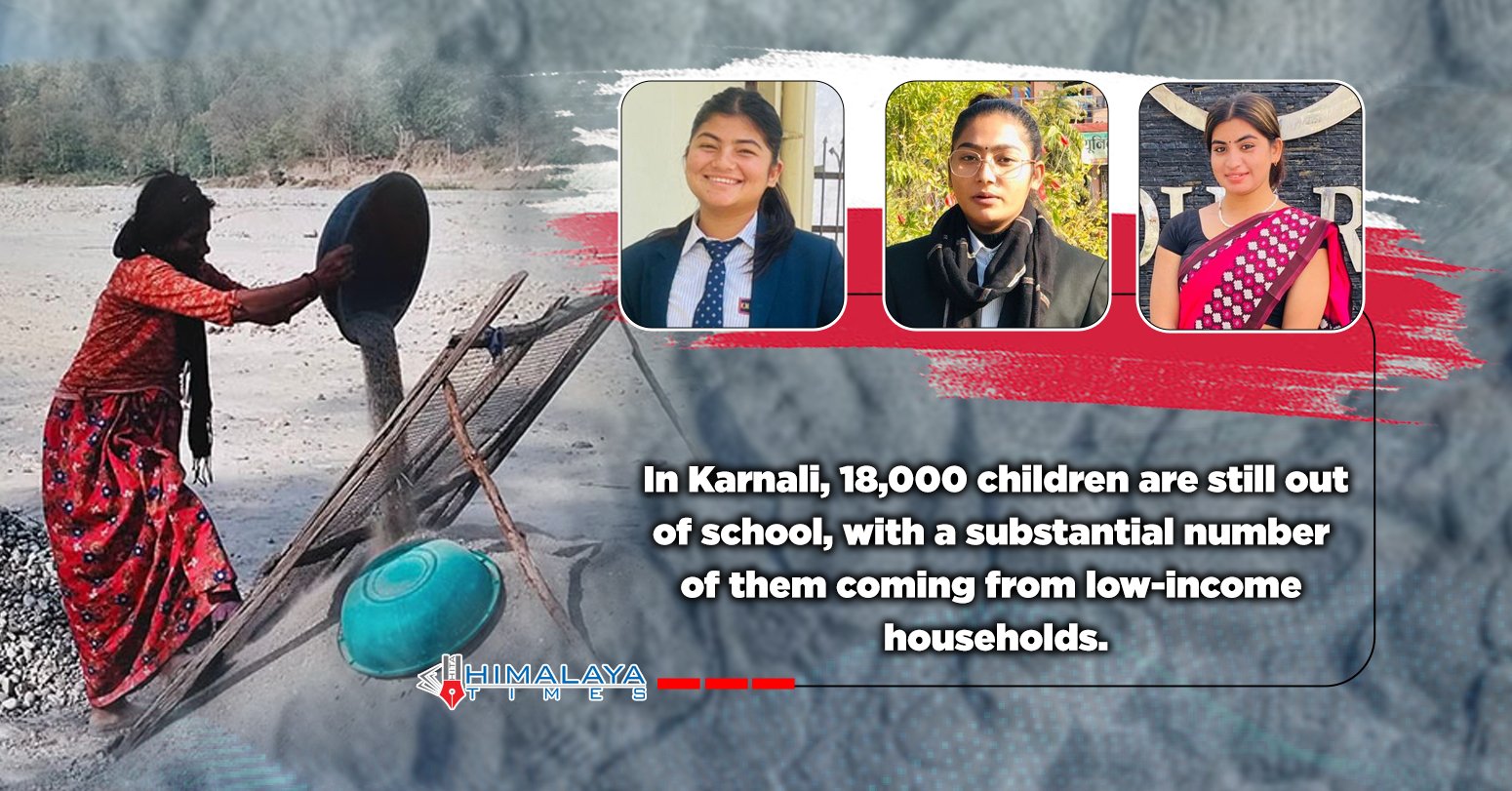
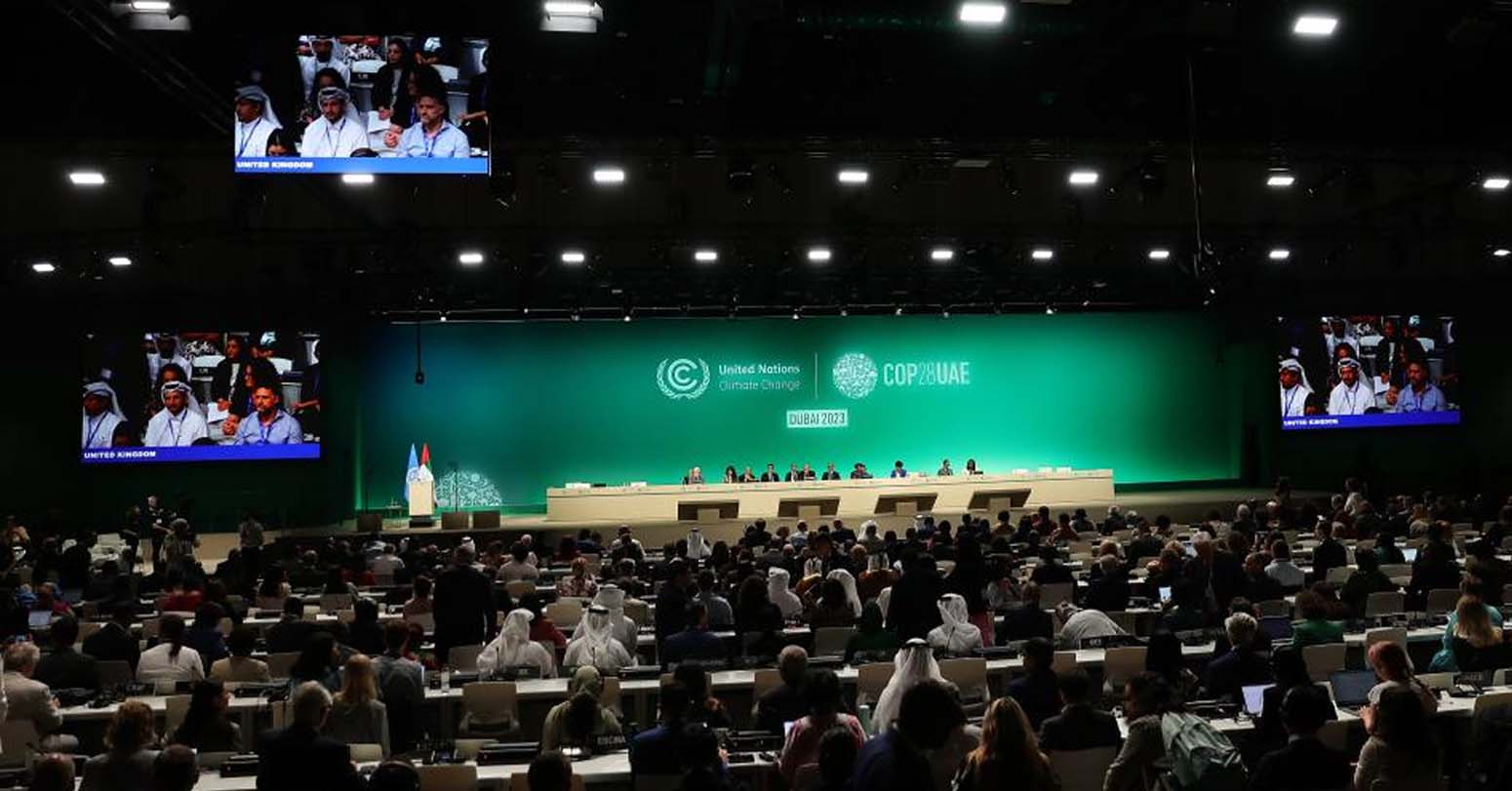
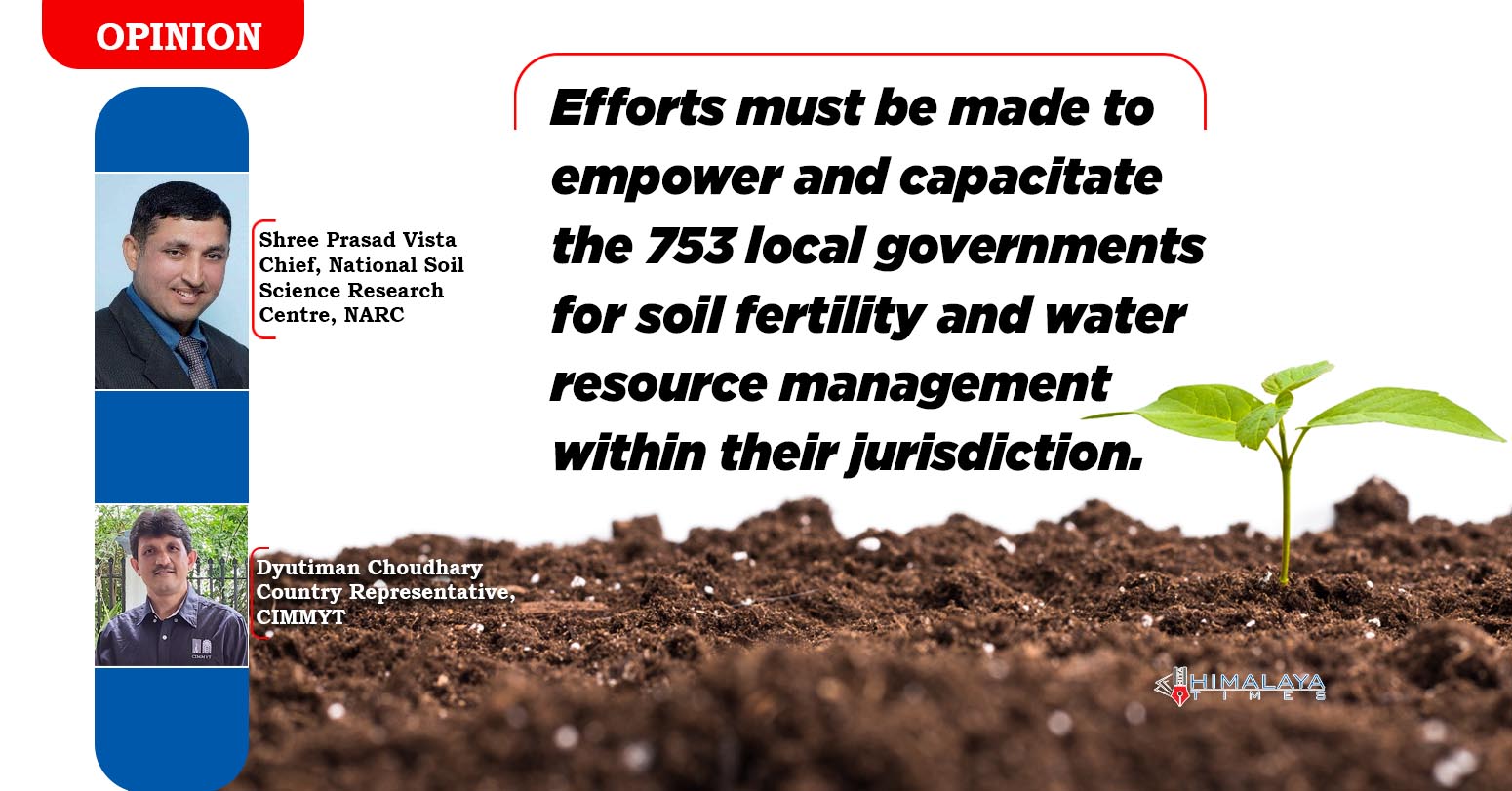
Comprehensive Data Protection Law Critically
Gender Differences In Mental Healthcare
Messi Wins Best FIFA Men’s
Erosion of Democracy
Fly Dubai Catches Fire in
“Complexities of the South Asian